Life
Sign up for our newsletter
We summarize the week's scientific breakthroughs every Thursday.
-
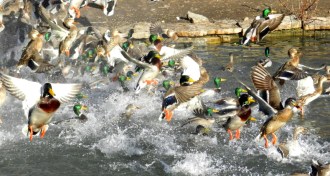 Animals
AnimalsDucks may like water, but they don’t use it to navigate
Scientists tracking ducks in Illinois with radar found that the waterfowl didn’t bother using a river to navigate their way south.
-
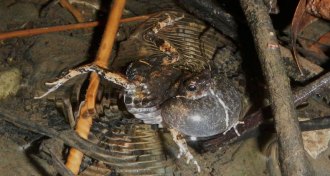 Animals
AnimalsBats hunt ballooning túngara frogs by echolocation
Bat echolocation tracks the billowing vocal sacs of male túngara frogs.
By Nsikan Akpan -
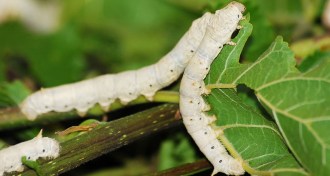 Materials Science
Materials ScienceSilkworms spin spider-strong threads
Silkworms with a spider protein make silk tough enough to be woven into clothing.
-
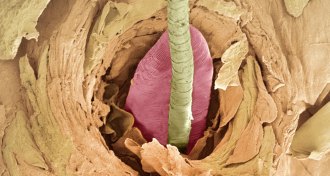 Health & Medicine
Health & MedicineTiny mites are probably crawling all over your face
Two skin mites, relatives of spiders, might populate the faces of all adult humans, according to a DNA survey.
By Nsikan Akpan -
 Life
LifeZMapp drug fully protects monkeys against Ebola virus
In a test, 18 monkeys injected with the Ebola virus and treated with an experimental drug called ZMapp survived.
By Nathan Seppa -
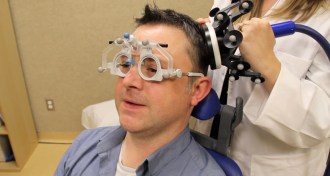 Neuroscience
NeurosciencePulses to the brain bring memory gains
The ability to associate faces with words is boosted when an outer part of the brain is stimulated, a study shows.
-
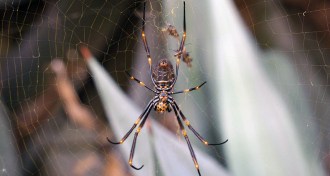 Animals
AnimalsSpiders get bigger in the big city
City-living golden orb-weaving spiders tend to be bigger than those that live in the countryside, a new study finds.
-
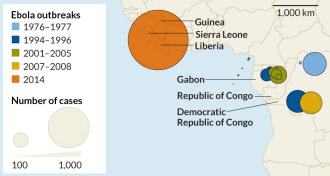 Genetics
GeneticsEbola genome clarifies origins of West African outbreak
Genetic analyses suggest that a single infected person sparked the ongoing Ebola epidemic in West Africa.
-
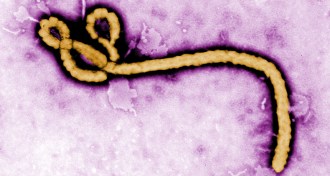 Health & Medicine
Health & MedicineHuman tests of experimental Ebola vaccine set to start
NIH and NIAID have announced that human tests of an experimental vaccine against Ebola virus will begin in early September.
By Nathan Seppa -
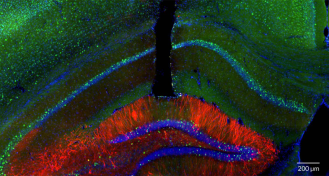 Neuroscience
NeuroscienceLaser light rewrites memories in mice
Mouse experiment demonstrates that good memories can be transformed into bad ones, and vice versa.
-
 Tech
TechTo have a sound mind, a brain needs a body
Replicating human intelligence in robots requires the right materials for brain-body-environment interactions.
-
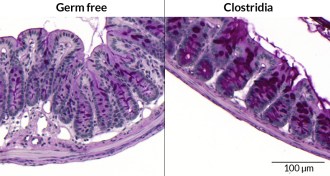 Life
LifeGut bacteria may prevent food allergies
In mice, gut bacteria blocked food from seeping out of the intestines and triggering an immune reaction in the bloodstream.
By Meghan Rosen